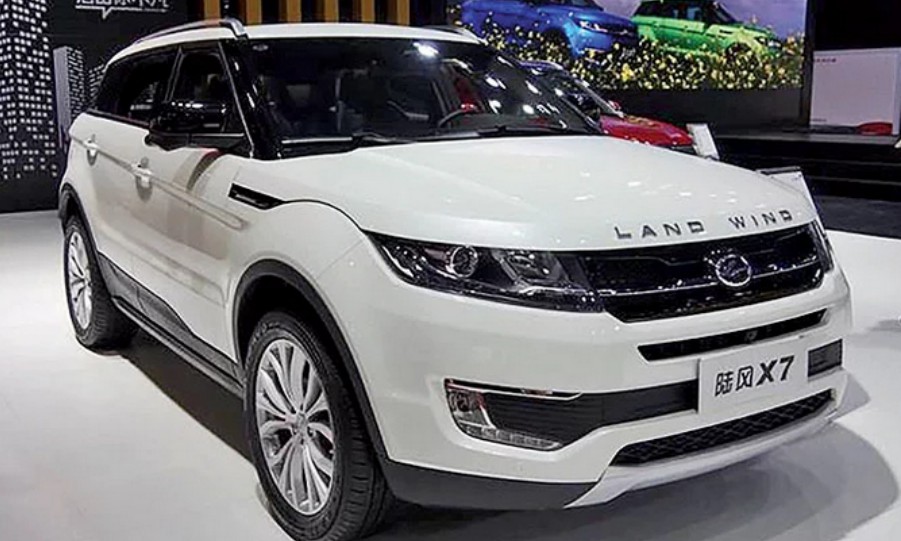deema
Established Member
I was spurred to this thread by listening this morning to the news about how unfair it is for the song creators with streaming.
It may be just me, but I find the laws surrounding copyright and patents to be really unfair. To register copyright, you just add the C logo and a bit of text and you are done. You get rights to the piece of work for life plus 70 years. That’s terrific.
Patents on the other hand require you to spend over £100K if you want one world wide and only last for 14 years for a design patent. Most engineers work for a company and part of their contract requires them to sign over all inventions to the company. If they work for themselves few can afford the patent in the first place or if granted can afford to defend the patent should it be copied. They derive absolutely no benefit from their contribution and invention.
To me, developing say the MRI scanner or the World Wide Web versus coming up with a popular tune is a no brainier. I would far rather value the engineers who make a substantial contribution to society. That’s not to say that the arts isn’t very important, just for me, the Creators are not more important or valuable than the engineers.
I would like to hear of moves to enable engineers to derive the true value of their invensions and be recognised for their contribution to all of our lives.
It may be just me, but I find the laws surrounding copyright and patents to be really unfair. To register copyright, you just add the C logo and a bit of text and you are done. You get rights to the piece of work for life plus 70 years. That’s terrific.
Patents on the other hand require you to spend over £100K if you want one world wide and only last for 14 years for a design patent. Most engineers work for a company and part of their contract requires them to sign over all inventions to the company. If they work for themselves few can afford the patent in the first place or if granted can afford to defend the patent should it be copied. They derive absolutely no benefit from their contribution and invention.
To me, developing say the MRI scanner or the World Wide Web versus coming up with a popular tune is a no brainier. I would far rather value the engineers who make a substantial contribution to society. That’s not to say that the arts isn’t very important, just for me, the Creators are not more important or valuable than the engineers.
I would like to hear of moves to enable engineers to derive the true value of their invensions and be recognised for their contribution to all of our lives.





